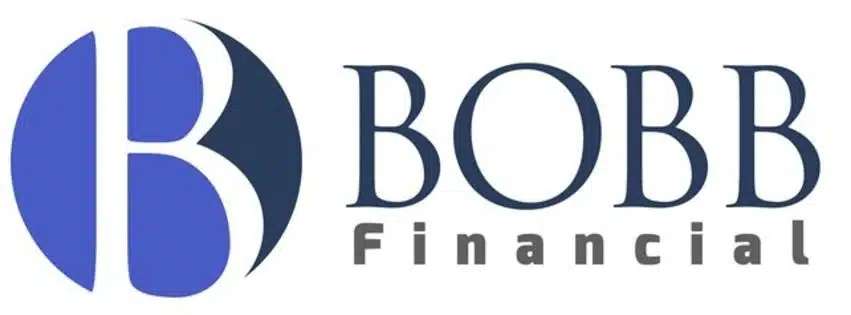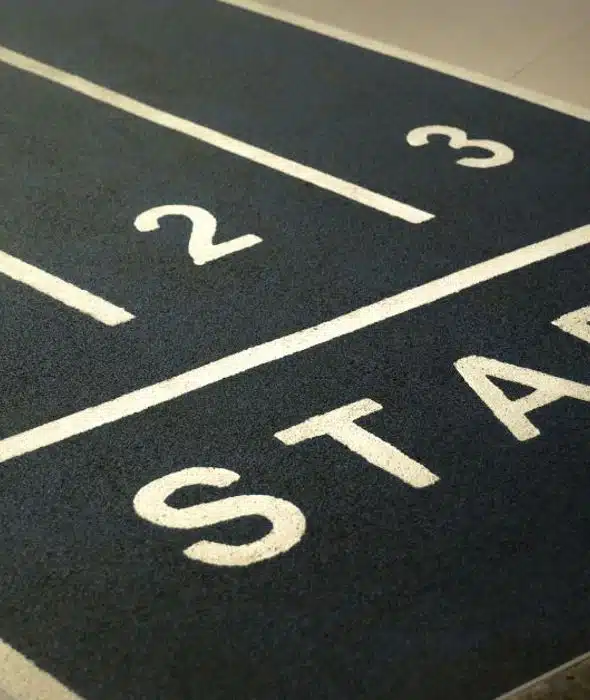Retirement is a goal that most of us aspire to. Even though retirement is often thought of as an ending, it is more of a beginning event. Yes, you may be done working, but a new phase of life is starting. Each phase of life has its own risks and retirement is no different. I originally did this three years ago and thought it would be a good idea to update.
For the benefit of those preparing for retirement, I have put together a short list of common mistakes I have seen retirees make. Please take note and consider where you may go wrong and how to prevent it.
1. Doing nothing
This has quickly risen to the top of my list of retiree mistakes. The truth is that most federal employees I talk to are going to be in good shape financially when they retire. Good enough shape that many won’t need any investment income. If you find yourself in this situation, congratulations! You have done a good job of saving for retirement!
Now you are in a unique situation of trying to figure out what’s best going forward. Who will inherit your money? Is there someone or some organization that you would like to help now? If you don’t need income from your investments now, what are the odds you will need the income in 10 years?
For those that don’t need income from TSP or other investments, it may be prudent to start doing some transition planning. Roth conversions can be one of the best ways to move assets to an instrument that will provide income tax free growth and pass on to beneficiaries income tax free. Leaving assets in an IRA or TSP compounds two things.
- the distribution that you will have to take at age 72
- the income taxes your beneficiary will eventually have to pay
Don’t “do nothing!” Don’t let Uncle Sam get a larger portion than he should. You can find more details about this mistake here.
2. Giving or loaning money to your kids
This mistake remains and will continue to remain at the top. It also may be the toughest to resist. As parents, we all want the best for our kids and want to see them succeed. One of the roughest things we experience as parents is watching our kids struggle. When we see our kids struggling, our instinct is to help them, but giving kids money when you’re retired can be a huge mistake.
If you have extra money to give, then feel free to give or loan as you wish. But if you don’t have extra income and you are already withdrawing 5-7% from your investments, you can’t afford to give away any money. So unless you are going to make a lifestyle change and reduce the amount of income you are living on, don’t give any away. There is also the psychological perspective that we aren’t really helping our kids by giving them money, but enabling them (I don’t think we have time to discuss this but definitely something to think about).
3. Treating retirement savings like a bank account.
One of the most common questions I get is “should I take money out of my TSP to pay off…..” It doesn’t matter what it is: a house, vacation home, car, or to buy a new house, the answer is probably no.
Why do we save money in TSP, 401ks, and IRAs? The answer should be retirement, since they are all retirement accounts. If we are saving money for retirement, then we need to look at those accounts as an income source and not a bank account. This point is especially difficult for retirees that receive a lump sum settlement for retirement, because they aren’t accustomed to seeing a large account balance.
It is a bad idea to fund large purchases like a car, home remodel, or home purchase with retirement savings. Again, retirement accounts are designed to provide an income as opposed to acting like a bank account. If you generally withdraw $40,000 a year from your retirement accounts, but one year you decide to withdraw $150,000 to remodel your home; that is going to have a huge impact on your future.
The first consequence is taxes. By taking out $110,000 more than you were supposed to, you likely moved into a higher federal tax bracket which means you keep less of your money. The second consequence is that you now have less retirement savings to produce income in future years.
4. Not having a budget
Yes, I have a hard time getting away from the ‘B’ word. Unfortunately, a budget is necessary in just about all phases of life. It couldn’t be more important in any phase than it is in retirement. Get a budget and stick to it if you want to increase your odds of a successful retirement.
5. Go into retirement with a large amount of debt
I had a meeting a couple years ago where I had a guy tell me, “I’m never going to be a person that doesn’t carry credit card debt.” WHAT?! Any credit card debt should be a temporary thing, not a long term balance that you are paying 20% interest on!
Ideally, I like to see clients go into retirement with no debt other than a mortgage. If you are considering retirement and you have more debt than a mortgage and maybe one car payment, I would urge you to reconsider. Think about it – your retirement income will likely be lower than your current income, so you should probably work a little longer to get your debt paid down or even paid off before retiring.
I hope that the five mistakes listed above provide some insight into potential hazards you may encounter in retirement. If you would like a partner and coach on your retirement journey, you are welcome to schedule a 20 minute call here.
Brad Bobb, CFP® is the owner of Bobb Financial Inc, and an expert in retirement planning for federal employees.

